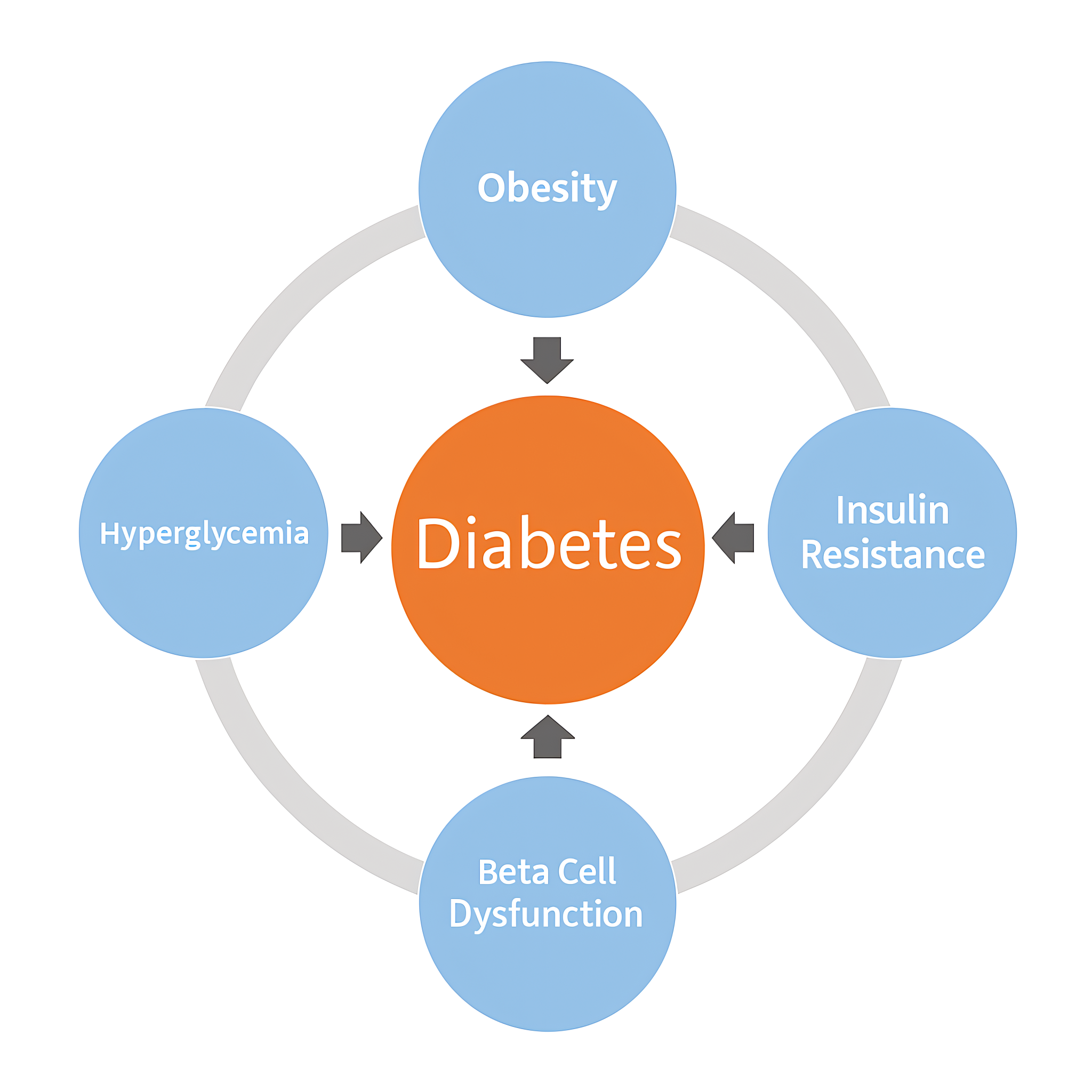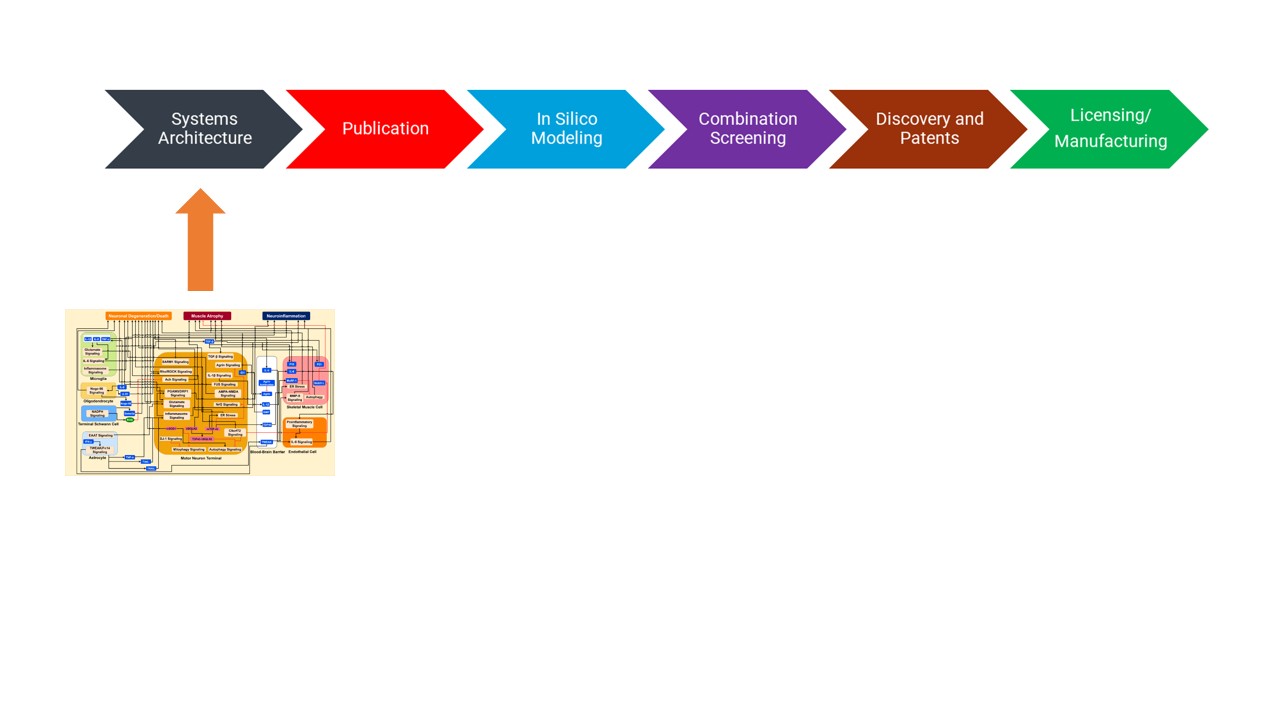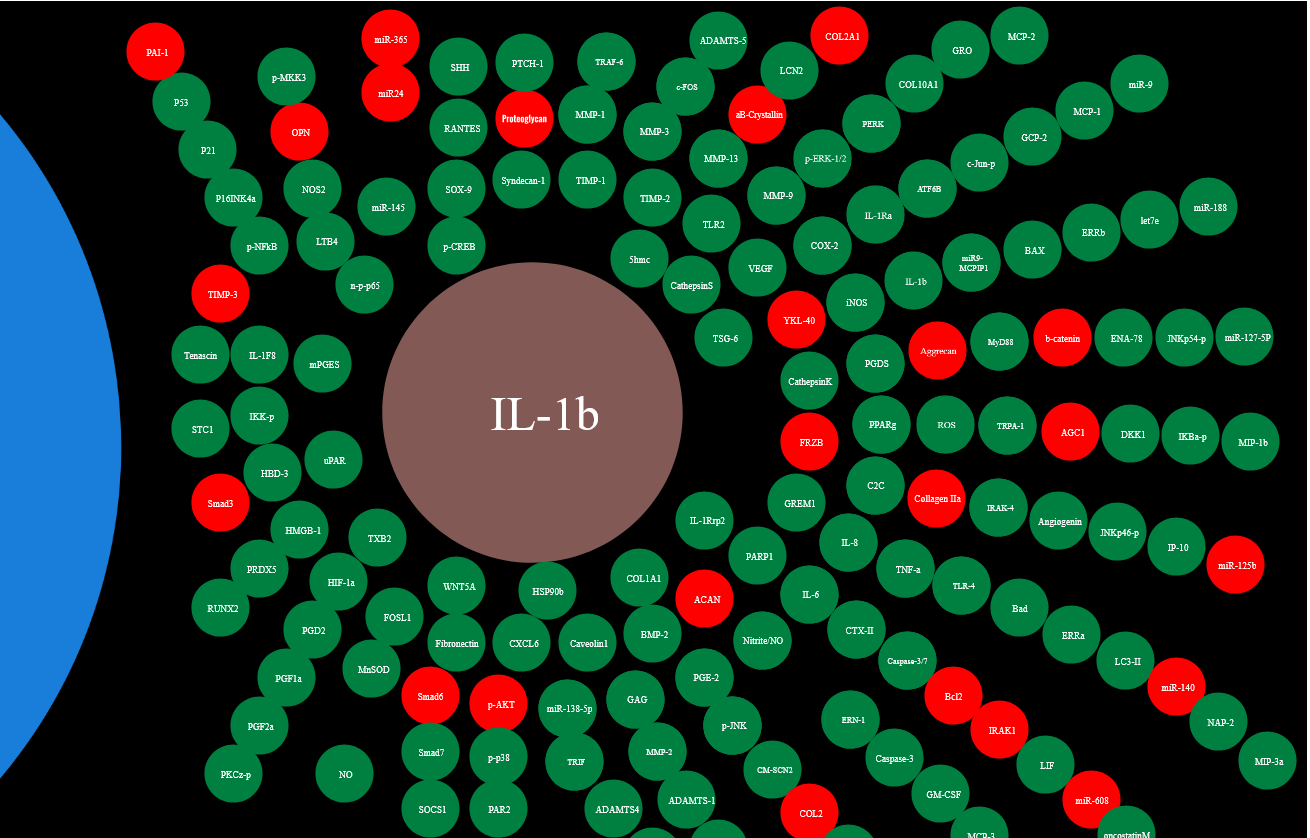
Diabetes Initiative
Diabetes is a chronic metabolic disorder that affects how the body processes blood sugar (glucose). It occurs when the pancreas does not produce enough insulin or when the body cannot effectively use the insulin it produces. Insulin is a hormone responsible for regulating blood sugar levels, ensuring cells receive the energy they need.
There are three main types of diabetes: Type 1, Type 2, and Gestational Diabetes. Type 1 diabetes is an autoimmune condition where the body’s immune system attacks insulin-producing cells. It typically develops in childhood or adolescence and requires lifelong insulin therapy. Type 2 diabetes is the most common form and is largely influenced by lifestyle factors such as poor diet, lack of exercise, and obesity. It can often be managed through diet, exercise, and medication. Gestational diabetes occurs during pregnancy and increases the risk of developing Type 2 diabetes later in life.
Common symptoms include frequent urination, excessive thirst, unexplained weight loss, fatigue, and slow wound healing. If left untreated, diabetes can lead to severe complications such as heart disease, kidney failure, nerve damage, and vision loss.
Managing diabetes involves a balanced diet, regular exercise, medication or insulin therapy, and routine blood sugar monitoring. Herbal and nutraceutical solutions are also gaining attention for their potential in blood sugar regulation. Early diagnosis and proper management can help individuals lead a healthy life despite having diabetes.

Research Progress
.
The Open Science Institute’s Diabetes Initiative has now progressed to the First phase — Systems Architecture.
We need your support to move forward. Our goal is to raise $ 150,000 Million to research and reveal to the scientific community, highlighting the powerful potential of herbal ingredients/compounds in Diabetic health. Please support this initiative.

Systems Architecture
The Systems Architecture of Diabetes is published as a Web-based tool open to public. Click below to interact with the systems architecture

Publication
A peer-reviewed publication from the Diabetes Initiative will be released soon to benefit the public by revealing powerful insights into the use of ingredietn/compounds for treating diseased conditions—support this initiative to advance scientific discovery and deliver real solutions..

In silico Modeling
In this phase, the Diabetes Initiative will conduct in silico modeling to identify and test the efficacy of ingredients/compounds on Insulin resistance, Beta cell dysfunction and Impaired Glucose and insulin receptor activity. This phase is yet to begin.
Combination Screening
n this phase, combination screening will be performed to identify potential ingredient/compounds that target the biological process implicated in Diabetes pathogenesis. This phase is yet to begin
Patents
The Open Science Institute® through its diabetes initiative is moving towards getting patents for a revolutionary compounds/ingredients that affects nsulin resistance, Beta cell dysfunction and Impaired Glucose and insulin receptor activity.

Licensing and Manufacturing
The Diabetes Initiative plans to discover, develop, license and manufacture a Diabetic product which supports treatment of many diseases. Support our mission to bring this innovation to those who need it most. Please support this Phase by donating to the Diabetes Initiative
